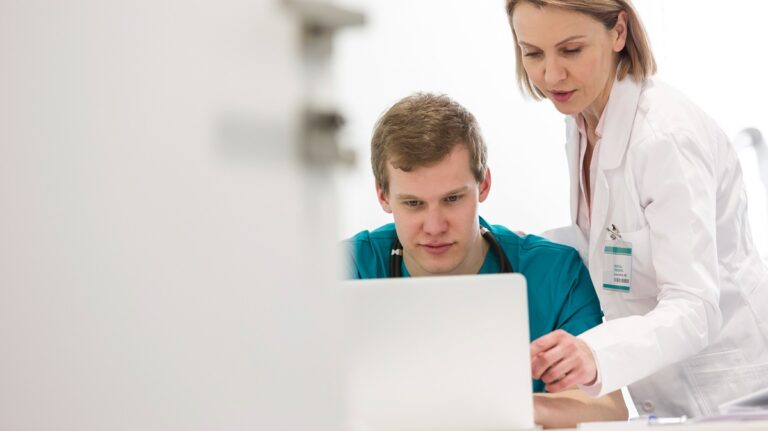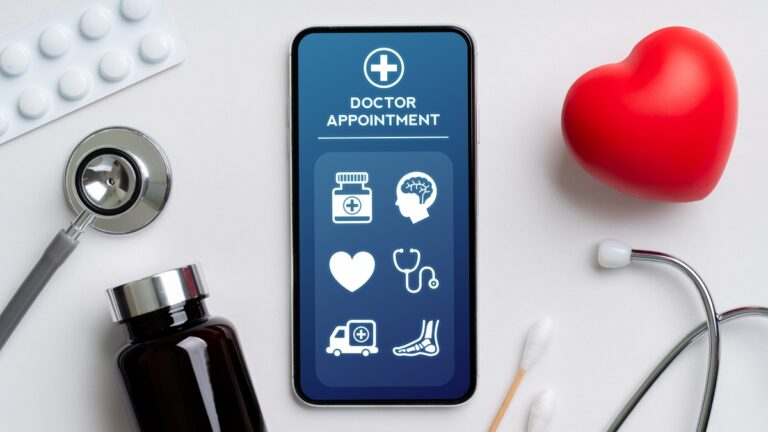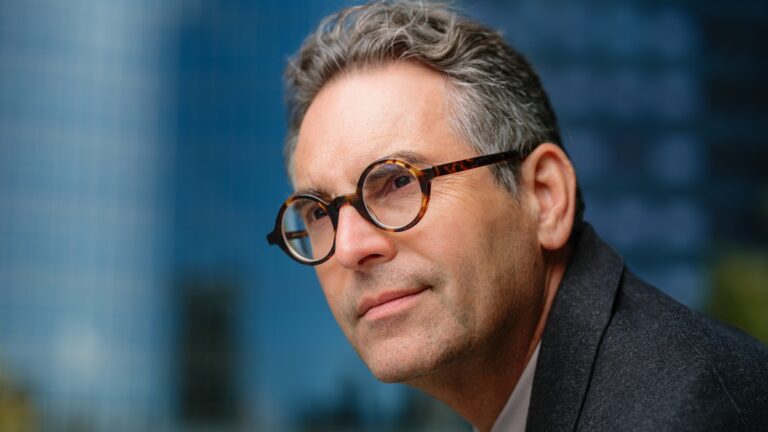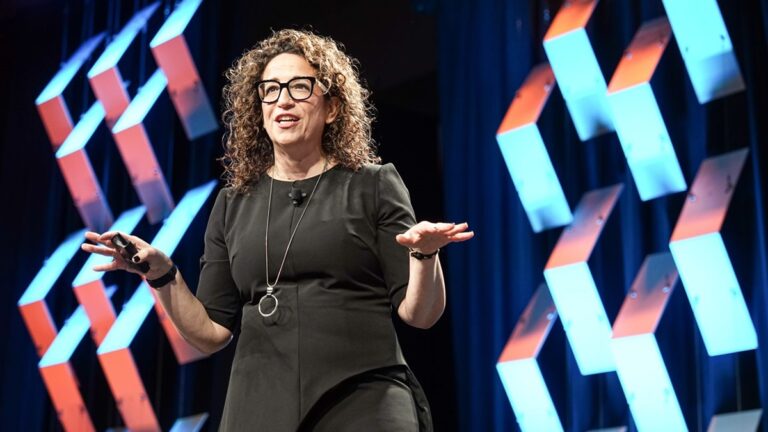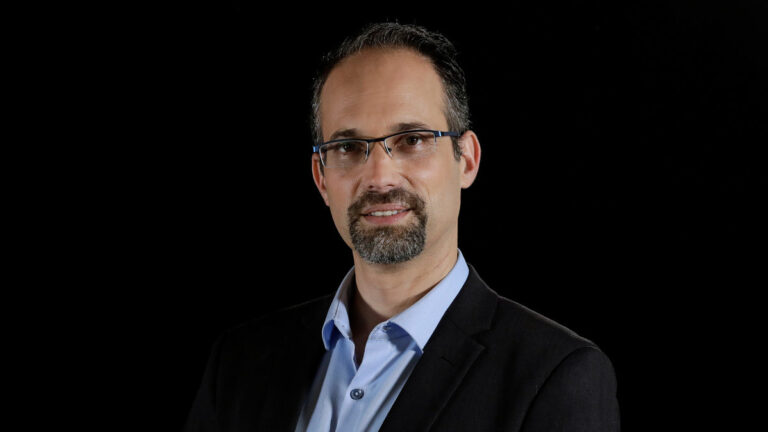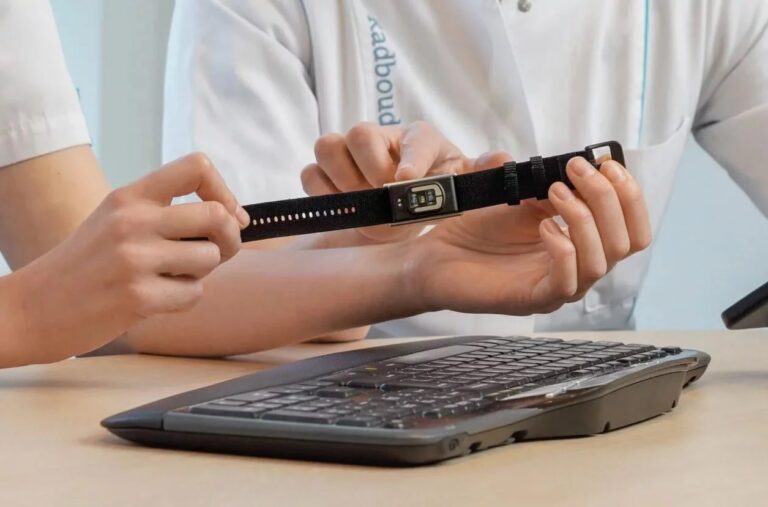The ERC, a European Union institute to stimulate pioneering research, has announced the awarding of several research grants last month, most notably over 50 Proof of Concept Grants and over 400 Starting Grants. Also, it has received over 2,100 applications for ERC Advanced Grants. Many of these grants and applications for grants concern research into health innovation.
Fifty-one ERC grant holders receive top-up funding to explore the commercial or innovation potential of the results of their EU-funded frontier research. The selected innovative projects cover a variety of topics, ranging from a new health therapies, to creating detailed 3D maps of forest structures, to an ocean surveillance model for fish conservation.
Proof of Concept grants, worth €150,000 each and open to ERC grant holders, can be used, for example, to establish intellectual property rights, investigate business opportunities or conduct technical validation. The grantees can apply for funding in three rounds of the call. The results of the second round of the 2017 call were announced today.
The grantees are based in Belgium, Estonia, Finland, France, Greece, Germany, Ireland, Israel, Italy, the Netherlands, Portugal, Spain, Sweden, Switzerland and the UK. The budget of the overall 2017 Proof of Concept competition is €20 million. In this second round, the ERC evaluated 139 applications for grants.
ERC Advanced Grants
After the competition for ERC Advanced Grants 2017 closed for applications on 31 August 2017, the ERC released the preliminary statistics on submitted proposals:
The number of applicants decreased to 2,166, compared to 2,404 in 2016 competition. The highest number of applications was submitted in the domain of Physical Sciences and Engineering (994 or 46%), followed by Life Sciences (630 or 29%), and Social Science and Humanities (542 or 25%). 18% of proposals were submitted by women – a slight improvement from the past years (16.5% in 2016, 17% in 2015
The ERC Work Programme has earmarked €567 million for an estimated 245 Advanced Grants in 2017. The estimated success rate in this competition is 11%. The ERC is now starting evaluation of the proposals. The selected projects will be announced in spring 2018.
ERC Advanced Grants are designed to support excellent scientists in any field at the career stage at which they are already established research leaders with a recognised track record of research achievements in the last ten years.
Starting Grants
The European Research Council (ERC) also announced the awarding of its Starting Grants to 406 early-career researchers throughout Europe. The funding, worth €605 million in total and up to €1.5 million per grant, will enable them to set up their own research teams and pursue ground-breaking ideas. The share of women amongst the new grantees is the largest ever in an ERC competition and there was also more diversity in terms of nationalities.
The new grantees will work on a wide range of topics; from health research on chronic infections or asthma, to disaster management, network security, and climate change. The funded research covers all disciplines: physical sciences and engineering, life sciences, and social science and humanities. The grants are awarded under the ‘excellent science’ pillar of Horizon 2020, the EU’s research and innovation programme.
Here are some examples of health related research:
Identifying targets for chronic lung disease drugs
Asthma is the most common chronic disease in children, and the World Health Organisation says that over 300 million people are affected globally. Continuation of childhood asthma into adulthood is associated with lung function impairment and an increased risk of COPD, chronic obstructive pulmonary disease.
At the Karolinska Institute in Stockholm, Associate Professor Erik Melén will study the time point during childhood when persistent asthma and pre-stage COPD initiated. His novel approach includes deep phenotyping of patients, identifying disease-related biomarkers, and detailed cell characterization amongst other methods. The goal of the project is to identify targets for new asthma and COPD drugs as well as to advance knowledge for targeted preventative therapies in children at risk of adult chronic lung disease.
Diamonds could become the brain’s best friends
At a time when dysfunctions of the Central Nervous System affect an ever growing share of the global population, a major challenge is advancing our understanding of brain functions, like the EU co-funded Human Brain Project strives to do. Thanks to microelectrodes implants, it is currently possible to restore neurological functions in disabled patients, such as visual perception or induced movements in prosthetic limbs. However, these implants’ performance and lifetime are compromised because of their rigidity, which does not adapt to the brain’s surface, and degradation due to liquids penetrating their surface.
Prof Lionel Rousseau, based at ESIEE Paris School of the Chamber of Commerce and Industry, intends to address these weaknesses by resorting to new synthetic diamond materials: these are biocompatible and resistant to corrosion, and would allow for thinner and more resistant implants. Such high-performance devices could become a new tool to better understand brain functions and develop new rehabilitation strategies for patients of brain diseases.
About the ECR
The European Research Council, set up by the European Union and celebrating its tenth anniversary this year, is the first European funding organisation for excellent frontier research. It offers four core grant schemes:
- Starting Grants (up to €1.5 million each),
- Consolidator Grants (up to €2 million each),
- Advanced Grants (up to €2.5 million each),
- Synergy Grants (up to €10 million).


